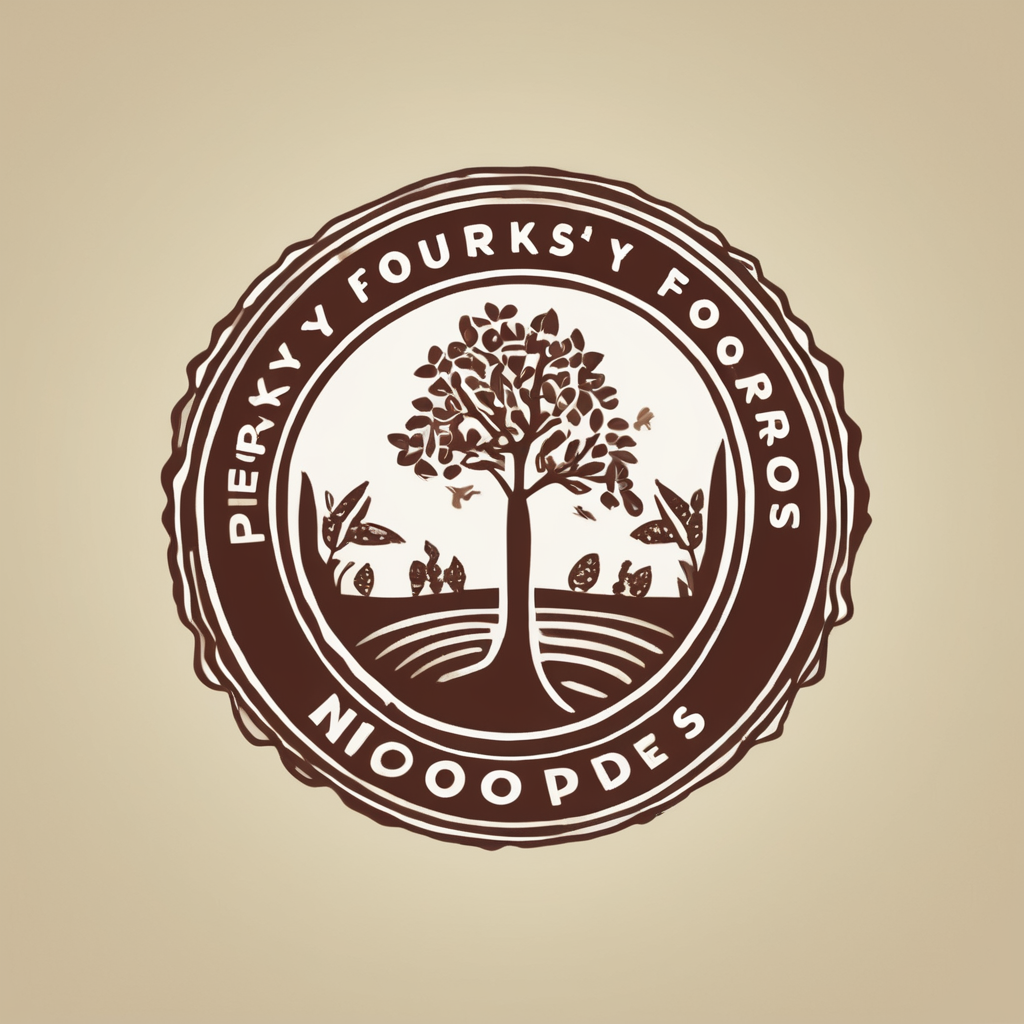Energy efficiency as a driving force in modern UK kitchen designs
Energy efficiency has become a cornerstone in UK sustainable kitchen design, shaping how homeowners and professionals approach kitchen planning. Recent kitchen energy efficiency trends show a significant shift towards reducing energy consumption, driven by growing consumer awareness of environmental impact and rising energy costs. People increasingly prioritize energy-efficient kitchen design UK by selecting materials, appliances, and layouts that minimize waste.
Government initiatives also strongly influence these trends. Programs encouraging sustainability and stricter regulations on energy use push designers and manufacturers to adopt greener solutions. These policies help fuel demand for kitchens that meet high standards for energy performance without sacrificing style or functionality.
In the same genre : How Has the Evolution of Kitchen Appliances Impacted UK Culinary Practices?
Sustainable kitchens typically feature enhancements like improved insulation, energy-conscious lighting, and optimized appliance selections aligned with eco-friendly standards. By integrating these elements, modern kitchens in the UK not only support environmental goals but also provide long-term energy savings, underscoring the importance of kitchen energy efficiency trends in today’s housing market. This momentum confirms energy efficiency as a central element in the future of UK kitchen design.
Smart appliances and innovative technologies
Smart kitchen devices and energy-efficient kitchen appliances UK are transforming how modern kitchens save energy. By adopting A-rated appliances, such as refrigerators and dishwashers, homeowners can significantly reduce electricity consumption. Kitchen technology energy savings expand further with integration of automation systems and Internet of Things (IoT) technologies, which enable real-time monitoring and control of energy use.
This might interest you : How Will AI Transform Kitchen Design Trends in the UK?
For example, smart ovens can adjust cooking times and temperatures to optimise power usage, while connected systems allow users to turn off or delay appliances remotely. This not only cuts waste but also supports users in managing their household energy more efficiently.
Induction hobs are a standout innovation, providing faster heating with considerably less wasted energy compared to traditional electric or gas stovetops. They focus heat directly into the cookware, improving overall efficiency. Additionally, energy-efficient lighting solutions like LED strips and sensors contribute to kitchen technology energy savings by reducing unnecessary electricity use while maintaining excellent illumination.
Combined, these smart appliances and technologies advance UK sustainable kitchen design by balancing convenience, performance, and energy efficiency. As these products become more affordable, their adoption accelerates kitchen energy efficiency trends across the UK.
Material selection and sustainable construction
Choosing the right materials is fundamental to achieving energy-efficient kitchen design UK goals. Prioritising sustainable kitchen materials UK such as reclaimed wood or recycled metals reduces environmental impact and supports circular economy principles. These materials often consume less energy in production compared to conventional options.
Eco-friendly kitchen surfaces are another key element. Low-VOC (volatile organic compounds) finishes improve indoor air quality, benefiting health while aligning with UK sustainable kitchen design standards. Products like bamboo countertops and recycled glass tiles combine durability with sustainability.
Additionally, cabinetry made from responsibly sourced timber or recycled composites contributes to energy efficiency by reducing embodied carbon. Insulation plays an important role here—high-insulation flooring and double-glazed windows prevent heat loss, maintaining a stable kitchen temperature and lowering reliance on heating systems.
By integrating recycled kitchen components and advanced insulation in the building fabric, projects follow current kitchen energy efficiency trends that favour holistic sustainability. These material choices complement smart technologies and design strategies to create kitchens that perform efficiently over time, reflecting a comprehensive approach to eco-conscious construction in the UK.
Energy efficiency as a driving force in modern UK kitchen designs
Modern homeowners increasingly prioritise energy-efficient kitchen design UK, reflecting a clear shift in kitchen energy efficiency trends driven by heightened environmental awareness and the desire for cost savings. Consumers actively seek kitchens that reduce electricity and heating demand by combining smarter layouts with better materials. This evolving demand has elevated sustainability from a secondary consideration to a central design priority.
Government initiatives play a pivotal role in this transformation. Regulations such as stricter building codes and incentives for low carbon homes encourage compliance with UK sustainable kitchen design principles. These policies influence manufacturers and designers to innovate in product development and kitchen planning, ensuring energy reduction targets are met without compromising functionality or aesthetics.
Moreover, homeowners supported by these trends are more informed, often requesting solutions like enhanced insulation, energy-efficient appliances, or natural lighting optimisation. This holistic approach aligns with ongoing kitchen energy efficiency trends that balance environmental impact, practical living, and regulatory expectations—cementing energy efficiency as an essential element in contemporary UK kitchen design.
Energy efficiency as a driving force in modern UK kitchen designs
Energy efficiency now leads UK sustainable kitchen design, driven by growing consumer awareness demanding reduced energy consumption. Buyers increasingly seek energy-efficient kitchen design UK features that lower utility bills and environmental impact. This shift has made sustainability a primary design goal rather than an afterthought.
Kitchen energy efficiency trends reveal homeowners prioritise measures like improved insulation, natural lighting, and appliance upgrades. These strategies optimise energy flow, cutting waste and enhancing comfort. Detailed attention to layout and materials supports this holistic efficiency approach.
Government initiatives profoundly shape these changes. Regulations such as Part L standards enforce energy performance criteria, while incentives encourage adopting low-carbon technologies. This policy landscape prompts designers and manufacturers to innovate within the energy-efficient kitchen design UK framework, balancing aesthetics with functional savings.
Consumers increasingly request solutions aligned with these policies, fostering wider acceptance of sustainable products and techniques. As a result, kitchen energy efficiency trends reflect an integrated commitment across stakeholders to make eco-friendly kitchens the norm in the UK housing market, confirming energy efficiency as a decisive factor in modern kitchen planning.
Energy efficiency as a driving force in modern UK kitchen designs
Rising consumer awareness significantly drives the demand for energy-efficient kitchen design UK. Homeowners increasingly prioritise reducing energy consumption as a core feature in kitchen renovations. This shift aligns with broader kitchen energy efficiency trends, where sustainability leads design decisions rather than being a supplementary consideration. Consumers seek kitchens that blend style with smart energy-saving solutions, such as optimised layouts and superior insulation.
Government initiatives exert substantial influence on these choices. Standards like Part L building regulations enforce strict energy performance criteria, compelling designers to develop kitchens that comply with mandatory UK sustainable kitchen design guidelines. These regulations not only promote energy savings but also stimulate innovation in materials and appliances, encouraging manufacturers to focus on eco-friendly options.
In addition, incentives and certification schemes reward adherence to sustainable practices, further steering industry standards. Together, heightened consumer demand and regulatory frameworks embed energy efficiency at the heart of UK kitchen design. This comprehensive approach ensures that kitchens meet environmental objectives while catering to homeowners’ practical needs, reinforcing kitchen energy efficiency trends as an enduring focus within the sector.

